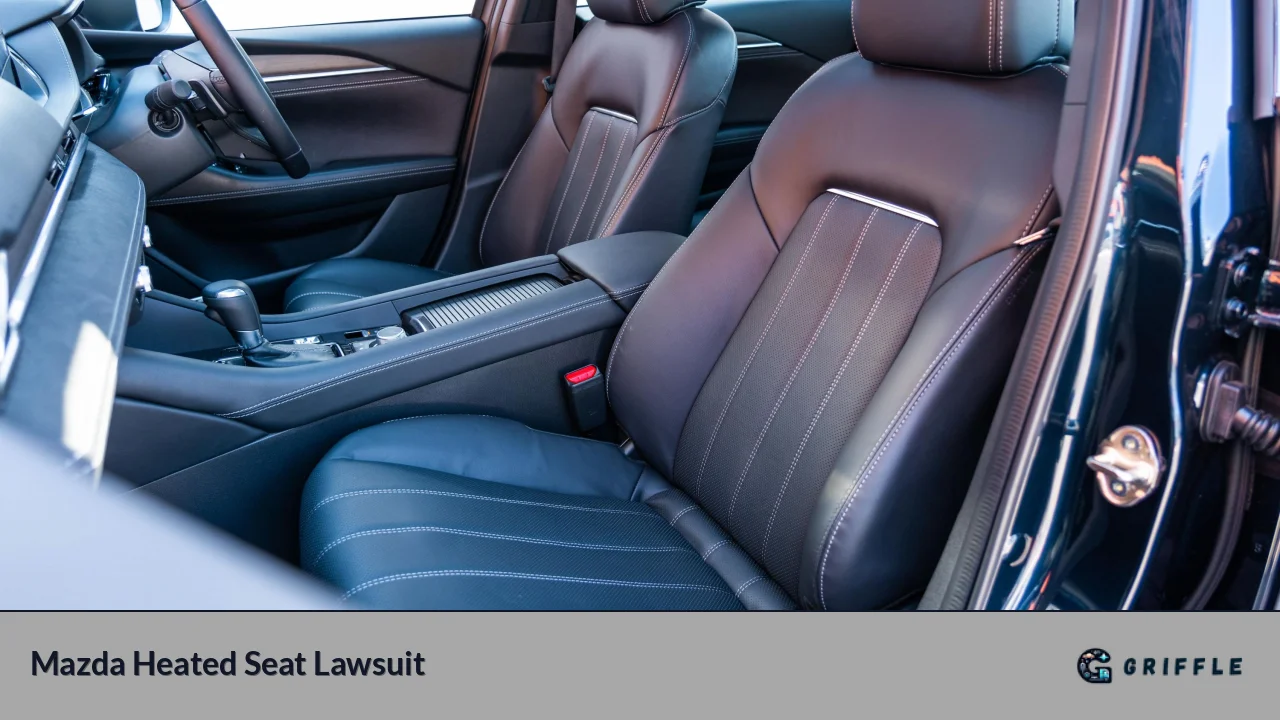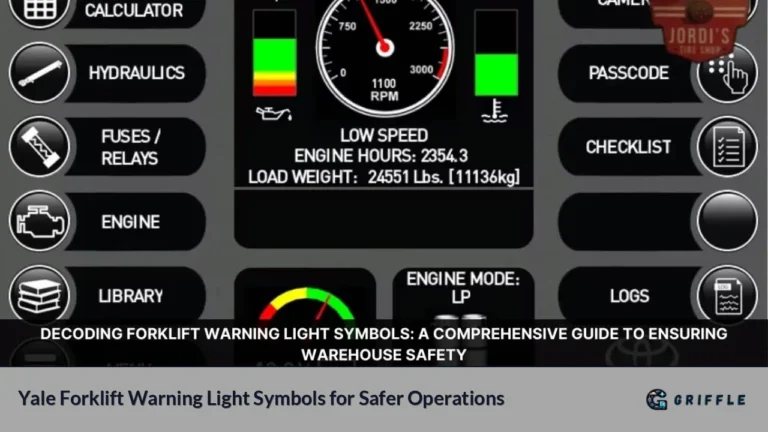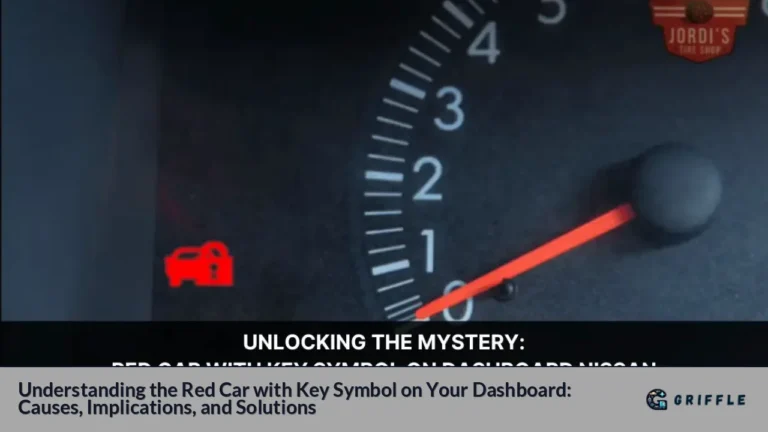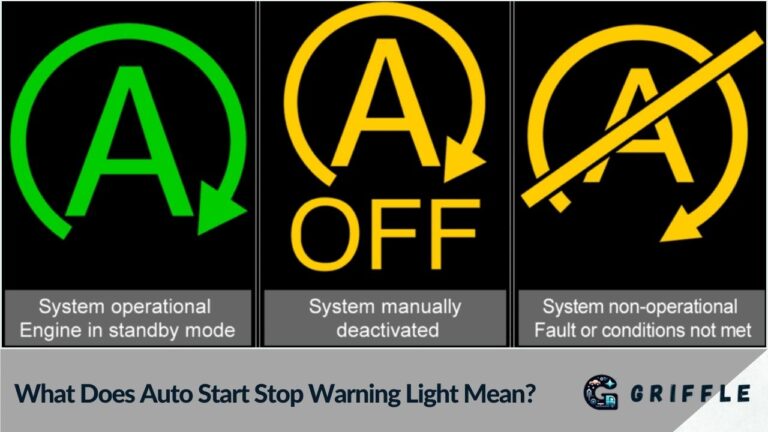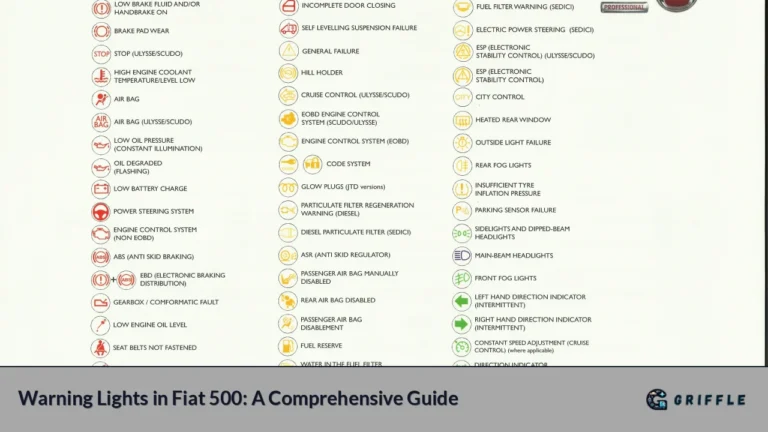In a startling development that has sent shockwaves through the automotive industry, Mazda Motor of America finds itself at the center of a class action lawsuit filed on September 3, 2024, in the Superior Court of California, County of San Francisco. The lawsuit, spearheaded by plaintiff Kristine Dyvad, alleges that the heated seats in certain Mazda vehicles, particularly the 2018 Mazda6, are defective and pose a significant safety risk to consumers.
| Key Points of the Lawsuit | Details |
|---|---|
| Plaintiff | Kristine Dyvad |
| Vehicle Model | 2018 Mazda6 (and potentially other models) |
| Allegation | Defective heated seats causing serious burns and scarring |
| Filing Date | September 3, 2024 |
| Court | Superior Court of California, County of San Francisco |
| Case ID | CGC-24-617816 |
The Burning Issue: Unraveling the Heated Seat Controversy
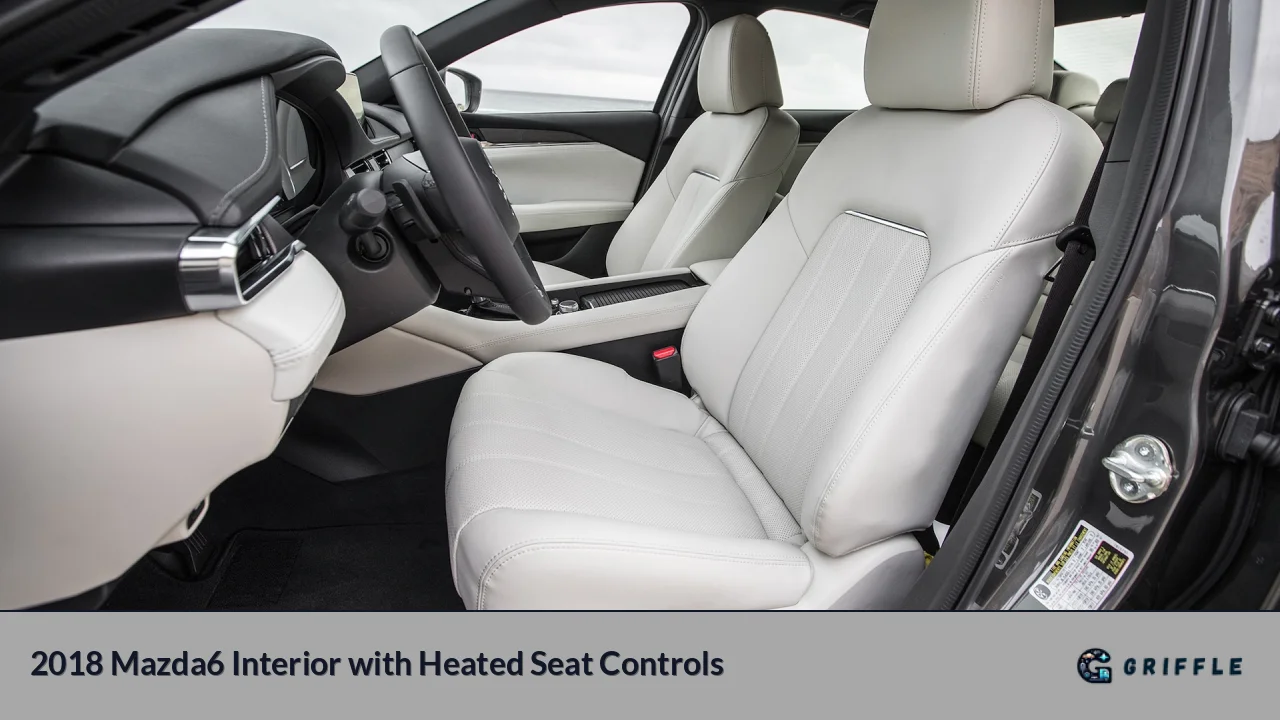
The crux of the lawsuit revolves around the alleged malfunction of the heated seat system in Mazda vehicles, particularly the 2018 Mazda6 model. According to the legal complaint, the plaintiff, Kristine Dyvad, suffered serious burns and scarring as a result of her use of the defective seat warmer in her Mazda vehicle. This alarming claim has raised serious concerns about the safety and reliability of a feature that many consumers consider a luxury and comfort enhancement.
The lawsuit doesn't stop at individual grievances. It alleges that Mazda has been aware of this defect for several years but has failed to take appropriate action to protect consumers. The plaintiffs assert that Mazda has exposed thousands of California citizens to safety risks while knowingly selling defective vehicles. This accusation, if proven true, could have far-reaching implications for Mazda's reputation and financial standing.
"Defendant has exposed thousands of California citizens to safety risks while knowingly selling defective Vehicles," states the complaint.[4]
The scope of the lawsuit extends beyond the 2018 Mazda6. The legal action encompasses all Mazda vehicles equipped with the same seat heating system as the plaintiff's car. This broad inclusion suggests that popular models like the Mazda CX-5 could potentially be affected, although this has not been confirmed. The class action lawsuit covers "all citizens of the State of California who purchased a Vehicle from Defendant [Mazda Motor of America] while residing in California."
The Legal Grounds: Multiple Causes of Action
The lawsuit outlines several causes of action against Mazda, painting a comprehensive picture of the alleged misconduct:
- Strict liability for failure to warn
- Strict liability for defective product design
- Breach of express and implied warranties
- Negligent product liability
- Negligent misrepresentation
- Common law fraud
- Violation of California's Unfair Competition Law (UCL)
These allegations suggest that Mazda's actions were not only negligent but also potentially reckless and grossly negligent. The plaintiffs claim that the company had received numerous reports about the defect over several years but chose not to inform consumers. This alleged failure to disclose known issues is at the heart of the legal challenge.
Consumer Impact and Market Implications

The implications of this lawsuit extend far beyond the courtroom, potentially affecting Mazda's market position, consumer trust, and overall brand reputation. Mazda has been making significant strides in recent years to position itself as a premium brand, with a focus on quality, reliability, and customer satisfaction. This lawsuit threatens to undermine these efforts and could have lasting effects on the company's image.
Financial Repercussions and Vehicle Valuation
One of the key aspects of the lawsuit is the claim that the affected vehicles are "worth less than represented." This allegation has significant implications for both current Mazda owners and potential buyers. If the court finds merit in these claims, it could lead to:
- Decreased resale value for affected Mazda models
- Potential recall costs for Mazda
- Increased warranty claims and associated expenses
- Hesitation among potential buyers, impacting sales figures
The lawsuit seeks compensatory damages, including lost earnings, loss of earning capacity, medical expenses, and other economic damages. Additionally, the plaintiffs are asking for damages for "serious injury, pain and suffering, disability, physical impairment, disfigurement, mental anguish, and aggravation of a disease or physical defect," as well as damages for the "loss of capacity for the enjoyment of life sustained in the past and to be sustained in the future."
"The lawsuit highlights Mazda's failure to act responsibly and address the safety issues associated with these vehicles, resulting in vehicles that are less safe and worth less than represented," alleges Singleton Schreiber.[5]
Consumer Trust and Brand Loyalty
The allegations in this lawsuit strike at the heart of consumer trust. Heated seats are often viewed as a premium feature, and their malfunction in such a potentially dangerous manner could severely damage Mazda's reputation for quality and safety. The claim that Mazda knew about the issue but failed to act could be particularly damaging to consumer confidence.
Mazda has built a loyal customer base over the years, known for its "Zoom-Zoom" philosophy and focus on driving pleasure. This lawsuit could test the limits of that loyalty, potentially causing some customers to reconsider their allegiance to the brand. The automotive industry is highly competitive, and any hint of safety concerns or corporate negligence can quickly lead consumers to explore alternatives.
Industry-Wide Implications and Safety Standards
The Mazda heated seat lawsuit raises broader questions about safety standards and quality control in the automotive industry. While heated seats are a common feature in many vehicles, this case highlights the potential risks associated with comfort features that interact directly with passengers.
Regulatory Scrutiny and Safety Standards
This lawsuit could prompt increased regulatory scrutiny of heated seat systems across the industry. Safety regulators may review existing standards and potentially implement more stringent testing requirements for such features. This could lead to:
- Increased costs for manufacturers in testing and quality assurance
- Longer development times for new vehicle models
- More rigorous safety certifications for comfort features
The National Highway Traffic Safety Administration (NHTSA) may take a closer look at heated seat systems across various manufacturers to ensure consumer safety. This increased attention could result in industry-wide changes and improvements in heated seat technology.
Competitive Landscape and Market Dynamics
Mazda's competitors may seize this opportunity to highlight their own safety records and the reliability of their heated seat systems. This could lead to:
- Increased marketing focus on safety features by other automakers
- Potential market share shifts as consumers reevaluate their options
- Acceleration of innovation in heated seat technology across the industry
Some manufacturers may view this as an opportunity to differentiate themselves by introducing advanced, safer heating technologies for vehicle seats. This could spark a new area of competition in the automotive industry, focusing on passenger comfort and safety.
Mazda's Response and Future Outlook
As of the time of writing, Mazda has not issued an official statement regarding the lawsuit. However, the company's response to these allegations will be crucial in shaping public perception and the eventual outcome of the legal proceedings.
Potential Courses of Action for Mazda
Mazda has several options in responding to this lawsuit:
- Investigate and Address: Conduct a thorough investigation into the alleged defect and take immediate corrective action if necessary.
- Recall and Repair: If the defect is confirmed, issue a voluntary recall to repair or replace the affected heated seat systems.
- Legal Defense: Vigorously defend against the allegations in court, potentially arguing that the incidents are isolated or not due to a systemic defect.
- Settlement: Seek an out-of-court settlement to resolve the matter quickly and minimize negative publicity.
- Public Relations Campaign: Launch a comprehensive PR campaign to reassure customers about the safety and quality of Mazda vehicles.
The way Mazda handles this situation will be critical in maintaining consumer trust and protecting its brand image. A proactive, transparent, and consumer-focused approach could help mitigate the negative impact of the lawsuit.
Long-Term Implications for Mazda
The outcome of this lawsuit could have lasting effects on Mazda's operations and strategy:
- Enhanced Quality Control: Implementation of more rigorous testing procedures for all comfort features.
- Product Development: Reevaluation of heated seat technology and potential development of safer alternatives.
- Customer Service: Strengthening of customer support and complaint resolution processes.
- Brand Positioning: Potential shift in marketing strategy to emphasize safety and reliability.
Mazda's handling of this situation could set a precedent for how automotive manufacturers address similar issues in the future. A successful resolution could even position Mazda as a leader in consumer safety and corporate responsibility.
Consumer Advice and Industry Recommendations
In light of these developments, consumers and industry stakeholders should consider the following:
For Mazda Owners:
- Stay informed about any official communications from Mazda regarding the heated seat issue.
- Report any unusual behavior or discomfort related to heated seats to Mazda customer service immediately.
- Keep records of any incidents or communications with Mazda regarding this issue.
- Consider having the heated seat system inspected by an authorized Mazda dealer, especially for 2018 Mazda6 owners.
For Potential Buyers:
- Research thoroughly before purchasing any vehicle, including checking for any ongoing lawsuits or recalls.
- Test all features, including heated seats, during test drives and report any concerns to the dealership.
- Consider the overall safety record and customer satisfaction ratings of the brand and specific model.
For the Automotive Industry:
- Review and enhance safety protocols for comfort features like heated seats.
- Increase transparency in reporting and addressing potential defects.
- Invest in advanced testing methodologies to identify potential issues before they reach consumers.
- Collaborate on industry-wide standards for heated seat safety and performance.
Conclusion
The class action lawsuit against Mazda over allegedly defective heated seats represents a significant challenge for the company and raises important questions about safety and corporate responsibility in the automotive industry. As the legal proceedings unfold, all eyes will be on Mazda's response and the potential ripple effects across the sector.
This case serves as a reminder of the critical importance of safety in every aspect of vehicle design and manufacturing, even in features primarily associated with comfort and luxury. It also highlights the power of consumer protection laws and the responsibility of manufacturers to prioritize user safety above all else.
As the situation develops, it will be crucial for Mazda to address these allegations transparently and decisively. The outcome of this lawsuit could not only shape Mazda's future but also influence industry standards and consumer expectations for years to come. For now, consumers, industry watchers, and Mazda stakeholders alike will be closely monitoring the developments of this heated controversy.
FAQs
- What models are affected by the Mazda heated seat lawsuit?
The lawsuit primarily focuses on the 2018 Mazda6, but potentially includes other Mazda models with similar seat heating systems. - Has Mazda issued a recall for the heated seats?
As of now, Mazda has not issued a recall related to this specific heated seat issue. - What should I do if I own a Mazda with heated seats?
Monitor official Mazda communications and consider having your vehicle inspected by an authorized dealer. - Are heated seats in other car brands also affected?
The lawsuit is specific to Mazda, but it may prompt industry-wide scrutiny of heated seat systems. - How might this lawsuit affect Mazda's future vehicle designs?
It could lead to enhanced safety features and more rigorous testing of comfort systems in future Mazda models.
Citations:
- 1. https://driving.ca/mazda/news/
- 2. https://www.autonews.com/mazda/
- 3. https://www.carscoops.com/2024/09/lawsuit-claims-mazda6-heated-seats-can-burn-and-scar-drivers/
- 4. https://norcalrecord.com/stories/664235684-mazda-faces-class-action-lawsuit-over-defective-seat-heaters
- 5. https://www.carexpert.com.au/car-news/mazda-owner-sues-after-allegedly-being-burnt-by-heated-seats
- 6. https://carbuzz.com/mazda-heated-seats-class-action-lawsuit/
